News from the Akawa Project
An Akawa Project News update - July 2021
Lowest crop in recent history
As the biggest coffee producing country in the World wakes up wondering what the effects of the recent frost will have, one of the smallest producing countries in the world is preparing itself to export it's very meagre 2021 crop and hoping that such a low production level will not repeat itself in the years to come.
Burundi has just experienced one of it's lowest crops in recent history with a mere 100'000 bags of 60 kilos produced. This is at least 65% lower than last year's crop, depriving farmers and all coffee value chain actors from much needed income.
Such swings in Burundi, year on year, are explained by the average age of it's coffee trees, mostly old and prone to low yields. This reinstates the need for better support to the farming community by distributing healthy productive trees to ensure a future to coffee farming in Burundi. In this edition of our News brief we will take you through what has happened on the ground in the second Quarter of 2021.
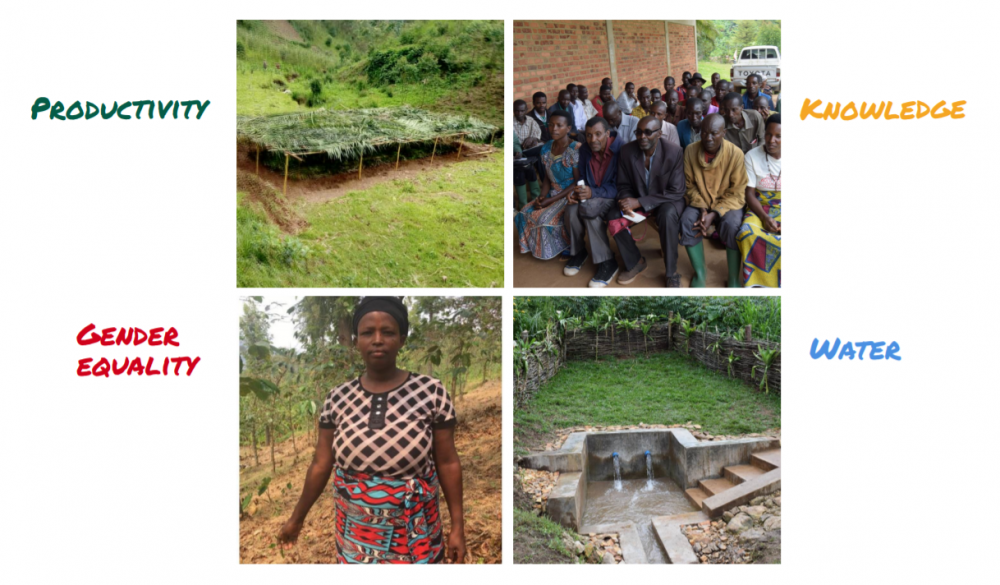
Waiting for the peak of the crop
The second Quarter of 2021 has been all about the produce itself ! With the harvest being smaller this year washing stations have waited and waited for the peak of the crop to come yet it never showed itself. Deliveries were scattered through time and albeit a good quality of cherry being delivered volumes were sometimes too small for operators to start their machines.
Thankfully the fact that the Akawa Project washing stations also produce Specialty coffee allowed to process all cherries received and this regardless of low quantities per day.
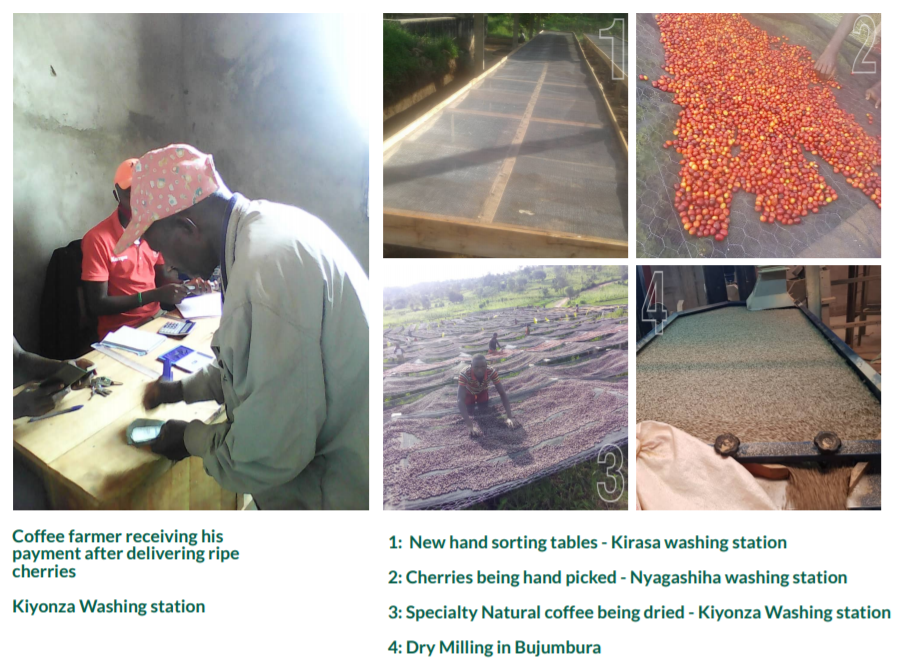
Meet the First believer !
As is now customary in our New brief we take you all the way to Burundi to meet someone special to the Akawa Project, in this edition we bring you an interview of Hilaire Ndimurukundo, the owner and Managing Director of Succam, our local partner in the project.
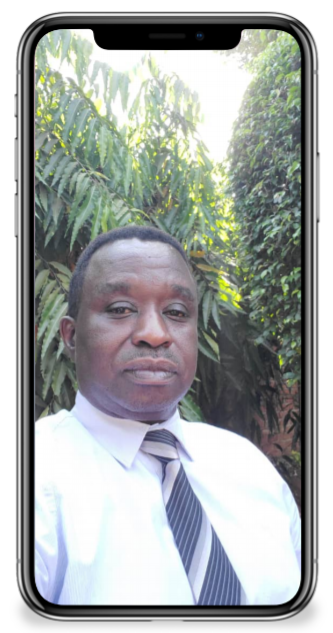
Akawa News brief:
Can you tell us about your childhood and your parents occupation ?
Hilaire:
I am the 4'th of 13 kids, my parents were fish and coffee merchants in the Province of Kayanza.
Akawa News brief:
Is that what inspired you to get into the coffee business ?
Hilaire:
Well at the age of 12 I was already helping my parents with their business, doing stock count, receiving deliveries, sometimes handling clients as well. And at the age of 22 I decided to create my own enterprise and started trading in coffee, peas which were in short supply in our region, and started a beverage distribution channel as well.
Akawa News brief:
So following in your parent's footsteps but with already some acumen for business ! How did it all go ?
Hilaire:
It went very well and I managed to save enough money to achieve my bigger ambitions. In 1993 I joined, as shareholder, the SOGESTAL company active in coffee and also started an import of materials business as well as a transport company trucking in the East African region, and buses in Burundi. To this day I still own the Trucking company and the import business of construction materials which is managed by my Wife, but have let go of the buses as our roads are really bad and the buses kept breaking down.
Akawa News brief:
Can you tell us more about your Wife and Family ?
Hilaire:
My Wife was a teacher when we met in 1991. Together we have 5 beautiful kids, the eldest is our 30 years old daughter who studies IT in Kenya, our other daughter is currently studying law in Canada, and the boys are still with us here in Burundi.
Akawa News brief:
Back to coffee ! How did you start your current Company, Succam ?
Hilaire:
In 2012 when the Government sold all it's washing stations I saw an opportunity to get closer to the coffee farmers and bought 5 of them, then another 6. This is what started my new chapter as a coffee supplier to the International market.
Akawa News brief:
What do you like so much about coffee ?
Hilaire:
I like that it makes me interact with farmer communities all the time and get me out of the suit & tie mode of the city, I get a lot of satisfaction from hearing them being happy as they grow coffee. Coffee also opens my mind on other cultures, makes me travel and meet new people.
Akawa News brief: What does the Akawa Project mean to you ? Hilaire: The Project is very important as it supports the farming communities, promotes production and quality of coffee, I like that it does not only focus on coffee but also has social aspects such as gender balance and access to water.
Akawa News brief: A word of conclusion for our readers ? Hilaire: Murakoze caane kudu fasha (Moo-ra-coz-hey sa-ney ku-dew fas-ah) which means Thank you for your support !
Did you say Kiyonza ?
It is the first station located outside the Mumirwa Province in which Akawa has historically been operating. It's presence brings our Project to the border of Rwanda in the North East of Burundi ! The station is currently taking it's first steps towards UTZ certification which means it's transitioning into Akawa Project is underway and soon it will benefit from Farmer trainings.
Located on a hill overlooking the shores of Lake Rwihinda this station was built from the ground up by our implementing partner, Succam, in order to provide access to market for the local coffee farmers who until this arrival were relying on mobile buying from stations located far away. This meant they had no permanent presence to whom not only they could sell their cherries but also to have a contact point throughout the year and be able build a trust relationship with.
Mobile units would often take advantage of this by underpaying farmers and requiring very low quality standards in order to fill their trucks. This was detrimental to both the communities in Kiyonza and the quality of their coffee.
The launch of a modern Washing Station in Kiyonza means the farmers will now be able to deliver ripe cherries at a natural pace and will be offered agricultural advises from the Project staff.
The environment in which the farmers live and grow their crops is simply one straight out of a Nat Geo documentary. With Lake Rwihinda at their feet they have abundant supply of fish for feeding and Papyrus to weave baskets and floor mats. A small island on the Lake, named Akagwa Island (a match made in heaven for our Akawa project's name), allows migrating birds from Europe to shelter and regain strength between December and April when they set on their journey back to warmer skies.
Back to coffee.. with less rainfall and more sun exposure than other stations Kiyonza is the place to produce Natural coffee. The station produced 50 bags in it's trial year which turned out to show bright acidity ! In the 2021 very challenging season Burundi went going through the station has produced 150 bags by sourcing from 453 farmers.
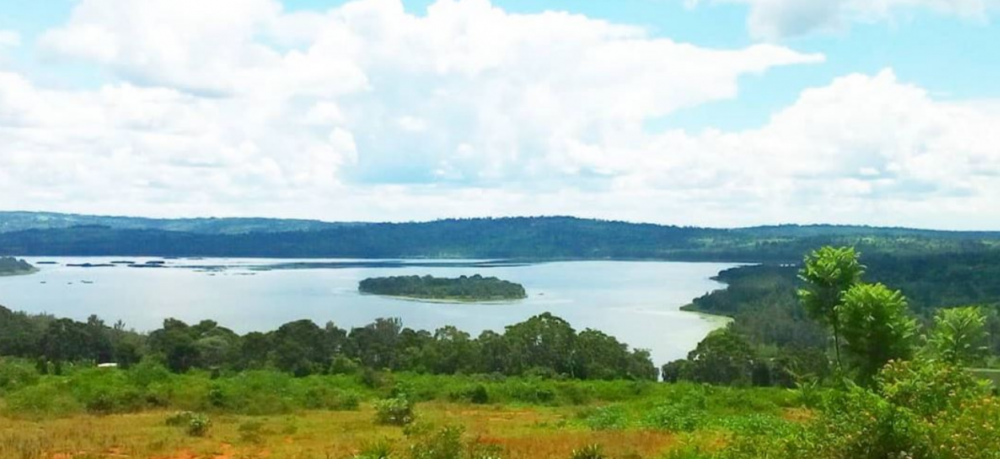
Progress on the Water component
Unexpected bureaucracy has slowed down the start of this vital component to our project but we are happy to report that authorisations to identify water sources and lead water works have been granted for all sub-regions where the Project intends to secure water sources in partnership with the Dutch NGO, ZOA. Our local partner's help in obtaining these was key and we may now look at starting the topography studies with these authorisations in hand. Prior to leading topography studies we still need to identify the water sources which will benefit from ZOA's expertise and be protected. This has started in the course of July so we will be telling you more about it in our next Quarterly !
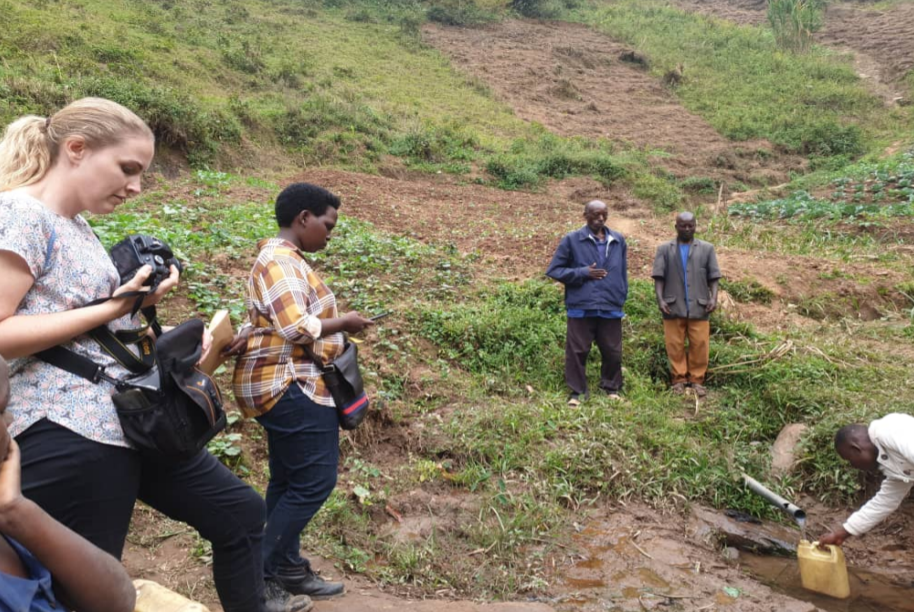
Nursery beds coming out of ground !
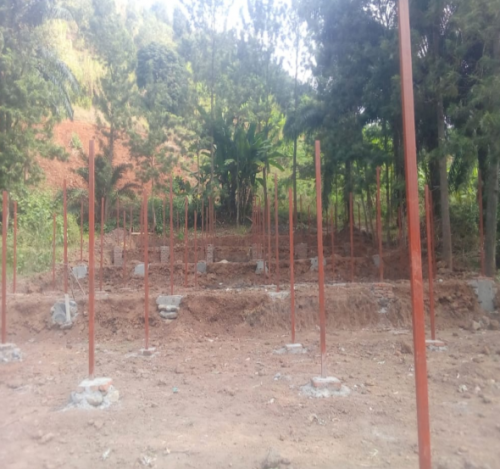
With the washing stations being busy collecting and processing coffee during this past Quarter it was decided to postpone the construction of nursery beds to Q3. Nonetheless, and as practice makes perfect, one washing station, Kirasa, was selected to serve as pilot before rolling-out construction to all other stations.
An entrepreneur was hired for the purpose and the local team selected two sections of the washing station area to build the nursery beds.
With a capacity to host 200'000 seedlings over roughly 1'000 square meters each these will allow us to distribute both coffee seedlings for farmers to improve their farms with young productive trees but also fruits, vegetables, and shade tree seedlings for them to diversify their income and provide shade on their coffee farms.
Quarter 3 shall see the roll-out of more construction and plenty of pictures made available in our next edition !
In the pipe for Q3
- Nursery beds construction continues
- Topography study for water sources to be finalised
- Kicking-off the Gender pillar with the United Nations
- And resuming farmer trainings !
Thank you
Thank you for taking the time to read about the Akawa Project, we hope you enjoyed.
